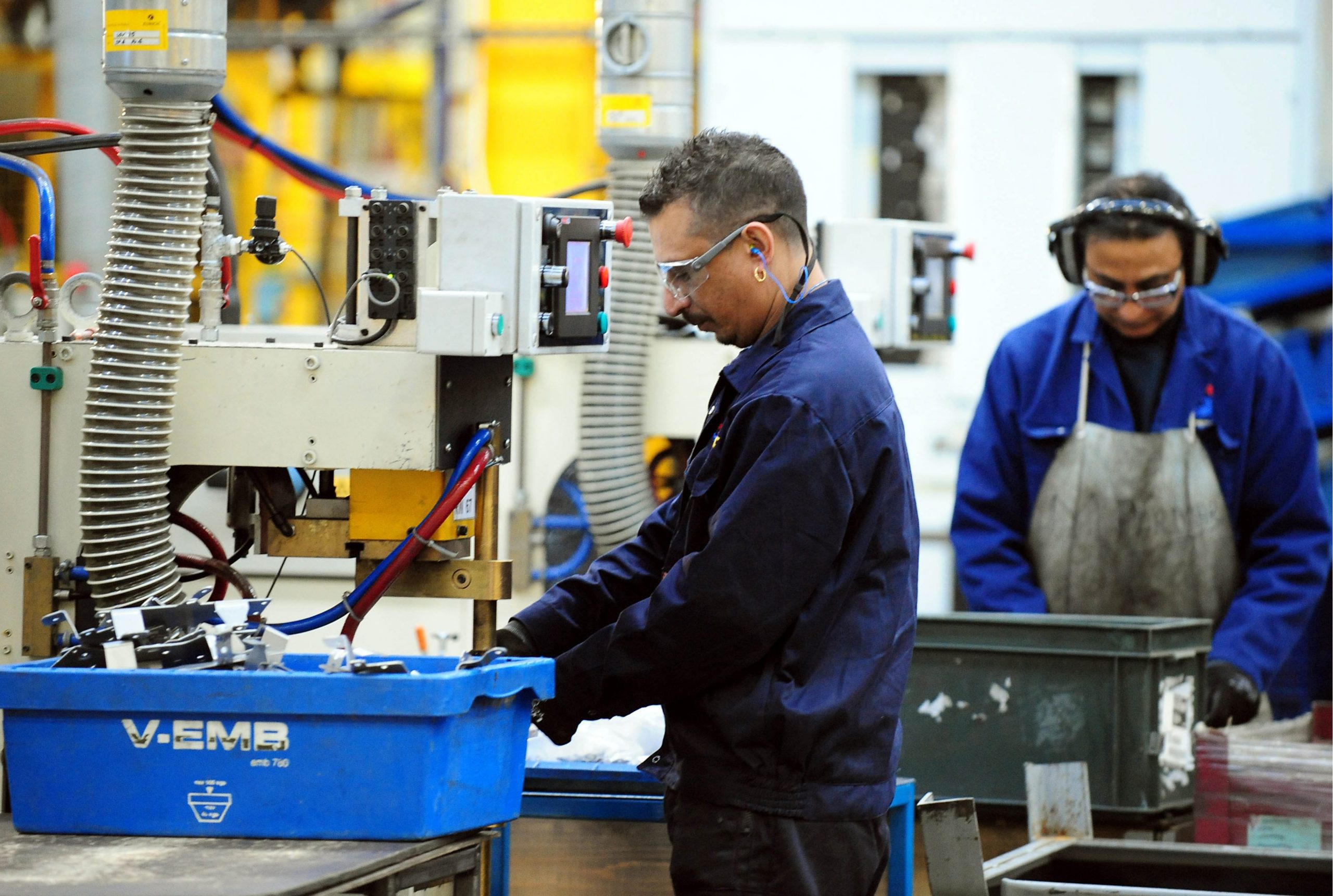OFFICIAL post-COVID employment predictions for Spain over the next couple of years are not looking too great, with something approaching normality not expected until 2023.
However, the Spanish branch of the International Labour Organization (ILO) has applauded efforts by Europe to inject capital into the job market to reactivate the economy.
But an additional problem on which no one had counted is now rearing its ugly head, namely that six out of every 10 Spanish companies are having trouble finding qualified workers – an issue that has now reached its highest peak in 11 years, according to Manpower.
This is said to be mainly due to a change in the requirements sought by employers with a greater emphasis placed on the so-called ‘social abilities’ as well as the usual technical, academic and experience-based qualities.

Spanish business owners are now searching for potential employees who incorporate ‘soft skills’ such as commitment, initiative and leadership as part of their CVs.
This is compounded by the ever-shifting nature of the global modern workplace, with digitalisation playing a greater role in most sectors and green technology taking off.
In order to fill vacancies and retain the best talent, employers are now offering more flexible working conditions, such as hybrid models combining working in the office and teleworking from home.
This new measure is aimed at satisfying demands by eight out of every 10 employees to reconcile their professional and private lives.
Vacancies in the post-coronavirus workplace are expected to be mostly within the transport, logistics, technology and industrial sectors, with the hospitality and catering trades – the worst-hit by the health crisis with 40% of jobs destroyed throughout Spain – expected to recover fully in two years’ time.
READ MORE:










